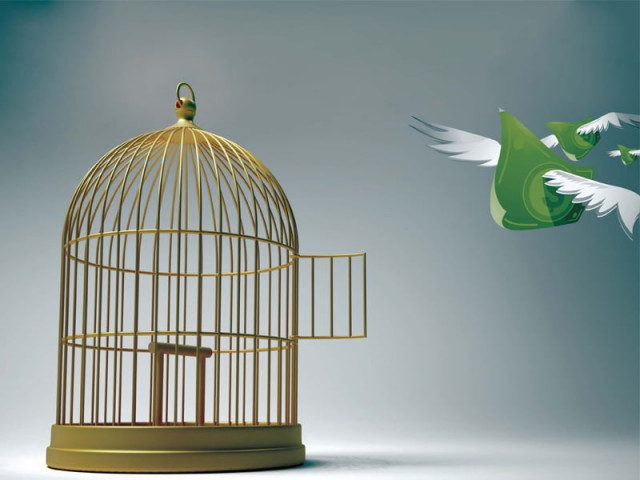Experts call for creating investment opportunities
Power shortages and inflation described as key challenges.

The consensus was developed at a pre-budget discussion organised by ACCA Pakistan at the LCCI.
The speakers were of the view that the solution to slow economic growth lay in revival of taxation policies and improved tax collection.
In order to promote private sector investment, they proposed that strong fiscal policies, backed by long-term stability, were the need of the hour which would lead to sustainable economic growth.
On indirect taxes, the panelists pointed to latest figures which clearly showed a greater share of indirect taxes in total revenue collection. This was in stark contrast to the developed world where direct taxes had a greater slice in total revenues.
On direct taxes, they said tax rates for companies were high, which should be lowered. However, the tax rate for banking companies needed to be kept at the existing level. The flat tax rate for Association of Persons (AOP) should be reviewed and the same rate as imposed on individuals should be applied.
ACCA Pakistan was of the view that improvement in the tax base essentially required elimination of discrimination between taxpayers with adequate penalties for defaulters.
Capital gains arising out of immoveable property and personal belongings are currently not taxable. However, on the same lines of taxing capital gains from the capital market, these items may also be brought into the tax net, based on the period of holding, it suggested.
This would mainly settle prices of real estate, making it viable for genuine seekers of property. The association further proposed that enterprise zones should be set up to encourage the industry, especially labour-intensive and technology industry.
Speaking on the occasion, LCCI President Irfan Qaiser Sheikh stressed that the budget for next fiscal year must focus on the energy sector as economic revival hinged on cheaper and uninterrupted power and gas supply.
Sheikh underscored the need for broadening the tax net by bringing agricultural and services sectors into its fold. Public sector enterprises like PIA, Railways and Pakistan Steel Mills, causing a burden of Rs400 billion annually on the national exchequer, should be run on professional lines or privatised to avoid the huge loss to the economy, he suggested.
He described the 1% turnover tax as too high, which should be reduced to 0.5%. The turnover tax should not be levied on entities which were bearing losses and if the government still intended to apply the minimum tax rate, it should not exceed 0.5% of turnover.
Published in The Express Tribune, May 4th, 2012.



















COMMENTS
Comments are moderated and generally will be posted if they are on-topic and not abusive.
For more information, please see our Comments FAQ